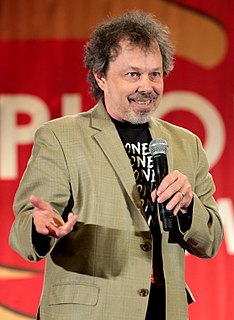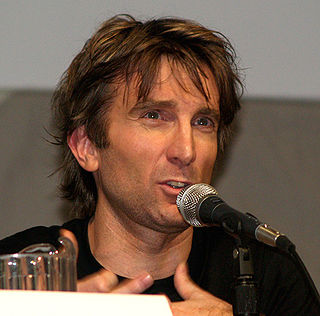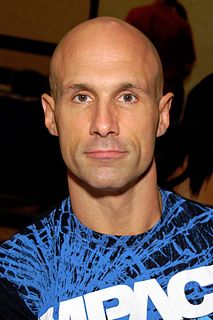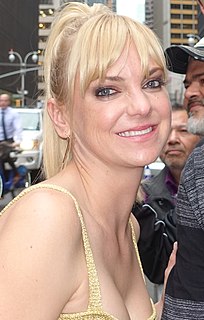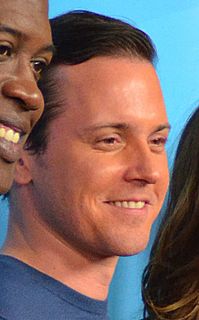A Quote by Will Ferrell
I think a lot of the instincts you have doing comedy are really the same for doing drama, in that it's essentially about listening. The way I approach comedy, is you have to commit to everything as if it's a dramatic role, meaning you play it straight.
Related Quotes
I'm at least getting my foot in the door as far as doing straight dramatic parts, which no one would have ever considered me for in the '80s. I never objected to that because I love doing comedy, and I'm not the kind of actor that insists that unless you're doing a serious dramatic role, you're not acting.
I love comedy. I suppose comedy is my first love, in a way. I did a lot of acting, funnily enough, unprofessionally, as a kid. From when I was 10 years old until I was about 19, I was always doing little sketches with my friends, and doing different accents and voices. Probably about 3/4 of those were comedic, in some way, and the other 1/4 was more serious stuff or more action or more dramatic little pieces that I would make. But, I tend to lean towards comedy.
That straight man character is a short trip between comedy and drama in a project, so I can play the comedic beat on the same page as a dramatic beat. It gives me a lot of freedom as an actor to play scenes in multiple ways because I don't play the clown, nor do I play someone who is particularly maudlin.
I really wanted to do some serious work. I really wanted to be a part of dramatic films. I wanted to show this talent, whatever that means, that I could be a dramatic actress as well. But the truth is, a) I don't know if I can, and b) I love doing comedy, and I felt almost a little embarrassed that I succumbed to the pressure. Vanity is really what it is. I feel really grateful that I am in comedy, and I love doing it.
I like doing comedy, I like doing drama. Naturally I like to do, I like doing dramas, I like conflict, and when I do a comedy, you know, I've found that, like, romantic comedy is the trickiest one, because often it's neither: it's not romantic and it's not funny. So, like, I like a comedy that's biting. It's biting humor or really quirky humor.
I really wanted to do a comedy. I've done a lot of drama, and comedy was the one genre I was not being offered. So I became obsessive about getting one. I tried with two little parts in comedies that were more mainstream, I was kind of fumbling around, and then I read The Brothers Bloom and knew it was the one I wanted to jump into. Did it take adjusting? Actually, it's not really any different from doing drama.
I've always thought that comedy was just another dramatic expression. I try to measure the amount of truth in a work rather than just looking at the generic distinction between comedy and drama. There's a lot of bullshit drama that leaves you totally cold. And there's a lot of wasted comedy time too. But when you get something honest, it doesn't matter what label you give it.
I think that there's a fine line between comedy and drama. I think that ultimately, the less winking that's going on when you're doing comedy - and this is just my own thing, and maybe it's why I've never been hired in comedy except by Bill Lawrence - but I think that the less winking you do with comedy, the better off you are.
I think everything needs to be played real, for reality's sake, for truth. And that is the drama and the comedy. When you do that, it's funnier. And when you do that, you really do hit the emotional beats. I do it the same way as I do a drama. I just play it for truth, and then maybe have a little bit of fun with it sometimes.
There's always advantages and disadvantages to doing any role. And there's a great sense of achievement, testosterone, fun, being able to live out your masculinity when you play an action role, or an action-adventure, or a real tough-guy role. Really, if you're doing a comedy, you can sit back and relax. And it's good to know that at the end of the day, you don't have to run off for another two hours and go to the gym, or go spend the rest of the night swordplaying with stunt guys. Then I think, "Oh my God, I love comedy.".

